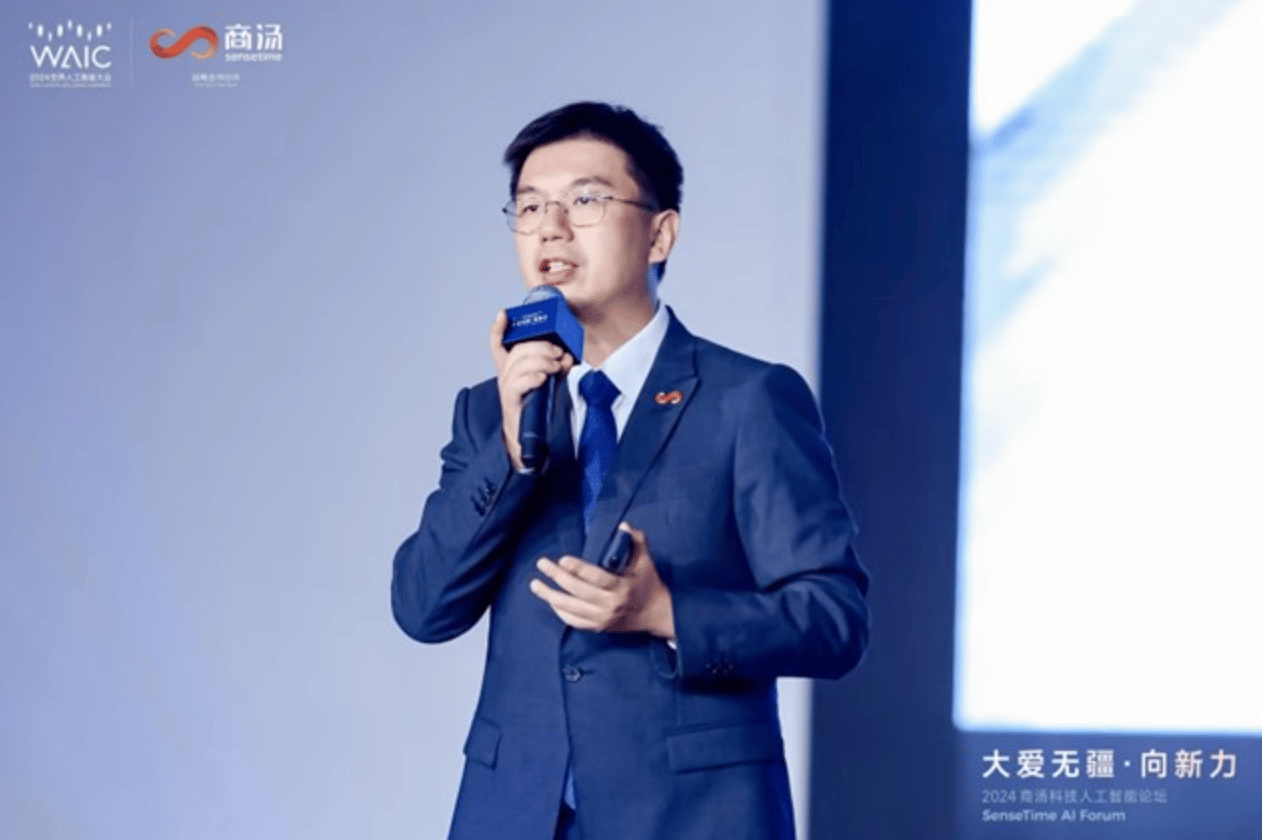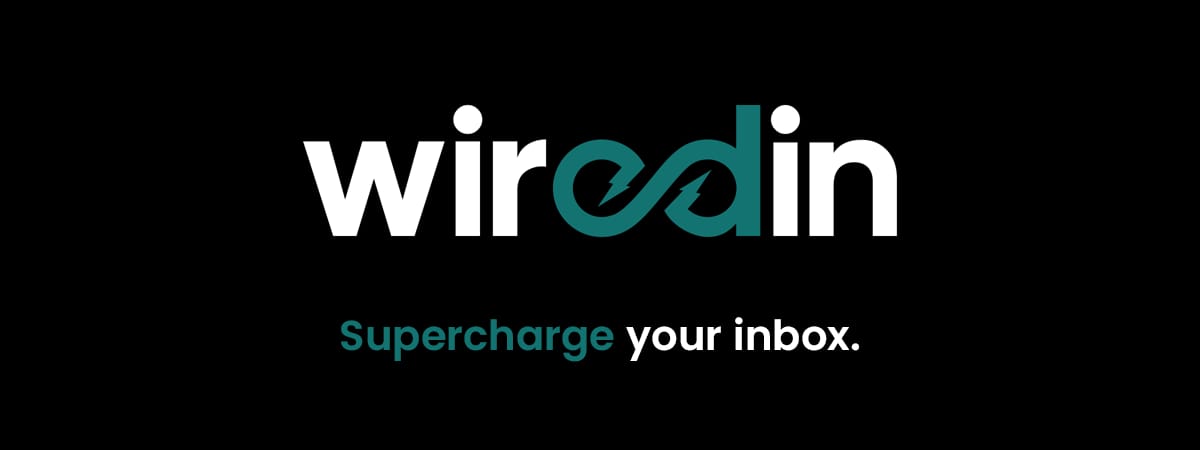- WiredIn
- Posts
- Tempus Advances AI, Chinese AI Giants Compete, & Microsoft Steps Back
Tempus Advances AI, Chinese AI Giants Compete, & Microsoft Steps Back
Tempus AI gets AMA approval, China’s AI giants clash, and Microsoft exits OpenAI’s board amid scrutiny.
Welcome, friend.
Allow us to introduce ourselves.
WiredIn is a free newsletter on artificial intelligence, authored by seasoned software engineers, tech entrepreneurs, and investors.
Keep your finger on the AI pulse with the latest news, tools, and actionable insights.
Subscribe today to supercharge your inbox—no outlets needed.
Tempus AI scored big, powering up the medical field with its PurISTSM test, which snagged a PLA code from the AMA, supercharging RNA-based cancer diagnostics.
In China, SenseTime and Alibaba sparked major buzz by unveiling their latest LLM updates at the WAIC, fueling the AI rivalry between these tech giants.
Meanwhile, Microsoft pulled the plug on its observer seat on OpenAI’s board amid regulatory scrutiny, shaking up the power dynamics and changing the current in Big Tech’s AI game.
Get ready to plug into the week's latest AI news and trends.
LET’S WIRE IN
AI IN HEALTHCARE

Image Source: Tempus
AI Hits Another Medical Milestone
Tempus AI has announced that the American Medical Association (AMA) has granted its PurISTSM algorithmic test a proprietary laboratory analysis (PLA) code.
This massive leap towards reimbursement for AI-enabled medical algorithms makes it the first common procedural terminology (CPT) code for an algorithm-only analysis.
What This Actually Means
Advancing Pancreatic Cancer: PurISTSM uses RNA profiling to classify pancreatic cancer patients into basal or classical subtypes, aiding in first-line therapy decisions. Recent studies have shown it can effectively predict survival outcomes between chemotherapy treatments.
RNA Profiling on the Rise: The AMA is recognizing the growing importance of RNA profiling with new CPT codes for RNA sequencing in cancer care. Both public and private payers are on board, marking RNA profiling as a medically necessary, reimbursable service.
Tempus’s High-Tech Toolkit: Besides PurISTSM, Tempus offers a suite of AI-driven tests, including ones for Homologous Recombination Deficiency (HRD) and Tumor Origin (TO). Their xR assay, currently seeking FDA clearance, uses advanced sequencing to detect gene rearrangements and splicing, enhancing the precision of cancer treatments.
Why It Matters
This approval is a major leap for AI in healthcare, promising more personalized, effective cancer treatments. As RNA-based assays gain traction, they're set to truly revolutionize oncology.
Once again, this proves that when it comes to advancing medical technology, AI is definitely in the driver’s seat.
AI IN GLOBAL TECHNOLOGY

Source: SenseTime
Tech Muscles on Full Display at WAIC
At the WAIC in Shanghai, top Chinese AI developers SenseTime and Alibaba highlighted major advancements in their large language models.
The China AI turf war just heated up.
The Details
SenseTime's Latest Release: SenseTime wowed the crowd with the new SenseNova 5.5 model, boasting a 30% boost in performance. CEO Xu Li claimed it outshines GPT-4o in several key areas. They also introduced the versatile SenseNova 5o and the handy 5.5 Lite, pushing the envelope in multimodal AI interactions.
Alibaba’s Big Numbers: Alibaba’s Tongyi Qianwen models have been downloaded over 20 million times in just two months. Their Cloud Model Studio saw a 150% surge in users, hitting 230,000. Alibaba remains committed to open-source AI, narrowing the gap between open and closed-source models.
Staying Current & Predicting The Future
SenseTime’s live demo showcased its model's ability to integrate cross-modal information, such as sound, text, and video, for real-time human-AI interaction.
Despite the surge in Chinese LLMs, MiniMax CEO Yan Junjie predicted that only a few companies will dominate the market globally, questioning how many will be from China.
AI IN TECHNOLOGY

Source: MidJourney
Amid Regulatory Heat, Microsoft Steps Back from OpenAI Board
In a strategic retreat, Microsoft has ditched its observer seat on OpenAI’s board, a role that allowed it to keep tabs without casting votes. This comes as regulators scrutinize Big Tech’s grip on AI startups.
The Details
Microsoft, OpenAI’s top financial backer with a whopping $13 billion investment, announced it’s stepping back immediately.
This decision coincides with increased regulatory scrutiny in the UK, US, and EU, all probing whether these partnerships hand too much power to tech giants.
Regulatory Buzz: The UK’s Competition and Markets Authority questions whether the partnership gives Microsoft control over OpenAI. Meanwhile, the US Federal Trade Commission is also investigating, and the European Commission is examining exclusivity clauses, though it isn’t launching a formal merger review.
OpenAI’s Fresh Play: In a shift of strategy, OpenAI is scrapping board observer roles altogether, meaning Apple’s planned appointment of an executive to a similar role is off the table.
Why It Matters
This highlights the regulatory tightrope Big Tech must walk as it deepens its AI investments. With partnerships under the microscope, companies like Microsoft and Apple are rethinking their strategies to sidestep regulatory hurdles.
We’ll stay connected for more updates in the next WiredIn!
Till Our Next Circuit Connects
We look forward to supercharging your inbox. Stay wired for our next edition, and thank you for subscribing!
— The Plug
